Free Courses Sale ends Soon, Get It Now


Free Courses Sale ends Soon, Get It Now



The Rajputs were great patrons of art and architecture, who built fabulous palaces and forts. The Rajputs have immensely contributed to the historical and cultural landscape of the country. Rajput Architecture in India reflects an indigenous tradition of religious architecture found in the northern part of India.
Rajput architecture represents different types of buildings. These include temples, forts, stepwells, gardens, and palaces. The forts were specially built for defense and military purposes. Mughal architecture greatly influenced indigenous Rajput styles of art and architecture.
The temple architecture of Orissa, Khajuraho, Rajasthan, Madhya Pradesh and the Pallava, Chola and Hoysala temples in the South belong to the later Rajput period. (900 A.D. to 1200 A.D.)
Some of the temples built by Rajputs include the Rathas in Mahabalipuram and the temples at Ellora. The Pallava, Hoysala, and Chola temples, the Lingaraj Temple in Bhubaneshwar, Jagannath Temple at Puri, and the Khajuraho temples are also built by the Rajputs.
Many of the Rajput forts are UNESCO World Heritage Sites.
Click to View More
Hyper-automation combines various advanced technologies such as Machine Learning and Artificial intelligence, together with Robotic Process Automation.
This technology aims to fully augment human capabilities by building intelligent robotic systems that can do anything a normal human can. These systems are designed to think, reason, compute and collaborate. In essence, it provides an improvement in the human factor in any endeavor. It enables machines to work alongside people in every walk of life.
Click to View More.jpg)
Mahajanapadas is a Sanskrit word (महाजनपद, Mahājanapadas) which means "Great Kingdoms" (from Maha, "great", and Janapada "foothold of a tribe", "country"). Ancient Buddhist texts make frequent reference to sixteen great kingdoms and republics which had evolved and flourished in the northern/north-western parts of the Indian sub-continent prior to the rise of Buddhism in India. The Mahājanapadas were sixteen kingdoms or oligarchic republics that existed in ancient India from the sixth to fourth centuries BCE during the second-urbanization period.
Click to View More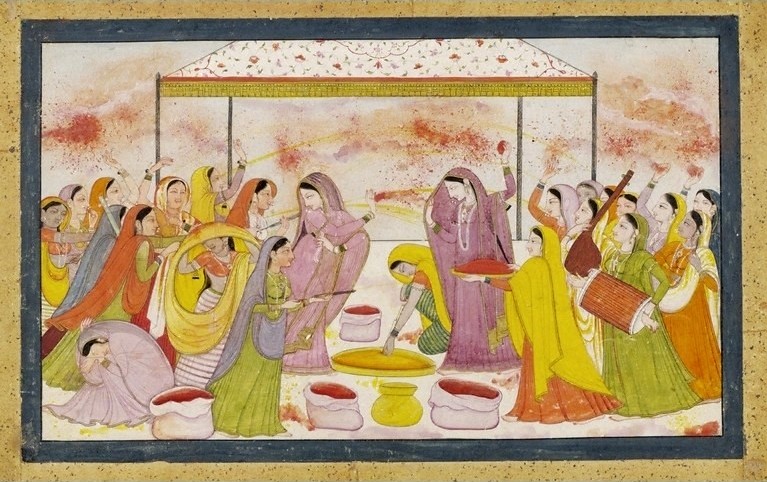
The Pahari miniature painting school flourished in the foothills of the Himalayas in the northern states of Himachal Pradesh, Jammu & Kashmir and Uttarakhand from around the 16th century. The earliest surviving paintings from the school is the mid-16th century manuscript of the “Devi Mahatmya” illustrating early Rajput style of art, currently preserved in the Shimla museum. With patronage from the rulers of 30-odd Pahari kingdoms that existed in the region, the Pahari miniature school progressed and the art form reached its peak popularity between the 17th and 19th centuries.
Click to View More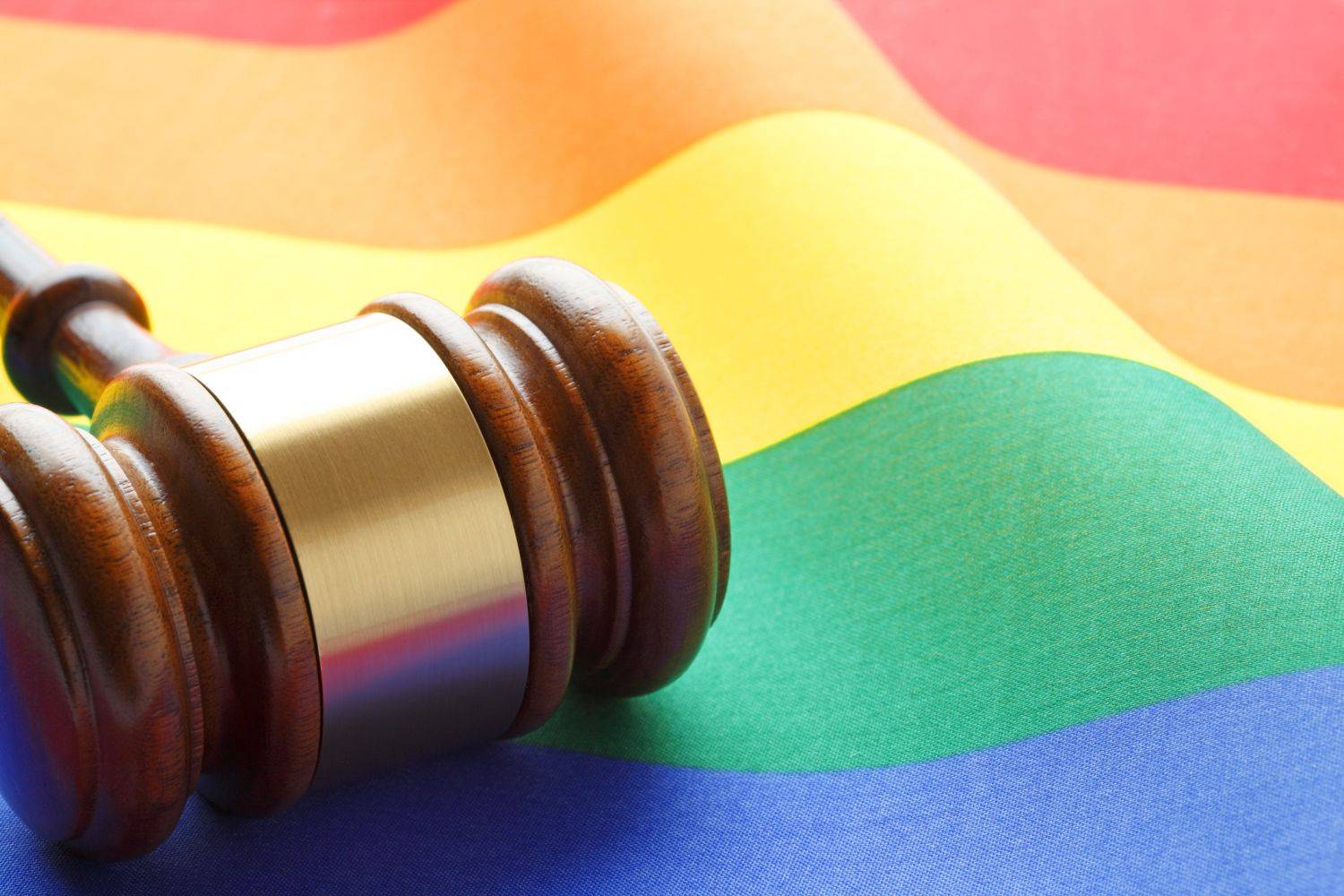
In India, same-sex relations were not recognised up until 2018 recently, when Article 377 was read down by the Supreme Court of India in Navtej Johar v. Union of India (2018), after which homosexuality has been decriminalised. But still, the marital union between same-sex couples is not recognised by law in India and consequently, they are not entitled to any spousal privileges, those being adoption rights, inheritance rights, etc.
If we take a look at our Constitution and various laws, neither the laws nor the Constitution of India, 1950, mention people of the queer community as a subject. Even in the Navtej Johar judgement, though the judges discuss various foreign cases which have legalized same-sex unions in other countries at length, they refrained from making any comments about whether such unions need to be given marriage or civil union rights in India or not. Merely decriminalizing sexual intimacy between same-sex couples would not place them at an equal footing with heterosexual couples. This can only be done by affirmative action in their favour, otherwise, they would be subject to the same unequal and discriminatory behavior for years to come. Same-sex relations are still seen with the lens of shame in India, and this has a lot to do with the obsession over marriage which is seen as a necessity. Along with marriage (heterosexual) also comes various rights which unmarried couples (except those in long term live-in relationships) do not have.
Click to View More
One of the ways of improving Public-Police Relationship is through the community policing model. Community policing requires the police to work with the community for prevention and detection of crime, maintenance of public order, and resolving local conflicts, with the objective of providing a better quality of life and sense of security. It may include patrolling by the police for non-emergency interactions with the public, actively soliciting requests for service not involving criminal matters, community based crime prevention and creating mechanisms for grassroots feedback from the community. Various states have been experimenting with community policing including Kerala through ‘Janamaithri Suraksha Project’, Rajasthan through ‘Joint Patrolling Committees’, Assam through ‘Meira Paibi’, Tamil Nadu through ‘Friends of Police’, West Bengal through the ‘Community Policing Project’, Andhra Pradesh through ‘Maithri and Maharashtra through ‘Mohalla Committees’.
Click to View More
On July 2, 1972, the Simla Agreement, also known as the Simla Accord, was signed between Indian PM Indira Gandhi and Pakistani president Zulfiqar Ali Bhutto at Shimla in Himachal Pradesh.
The Simla Agreement was signed following the India-Pakistan war of 1971. It was a formal agreement to end the hostilities between the countries and lay down a comprehensive plan for peaceful relations.
The war started due to Pakistan’s campaign of genocide against the Bengali population in East Pakistan. India lent support to the refugees of the genocide and sought to prevent Pakistan from entering India. Pakistan lost East Pakistan which became an independent country, now known as Bangladesh. India helped to liberate Dhaka, which became the capital of Bangladesh.
Relations between India and Pakistan seemed to have reached a point of no return. However, ultimately better sense prevailed and the agreement was signed at the Barnes Court — now the Raj Bhavan — in Shimla. It was signed in haste after six months of the war.
Click to View More
The Intergovernmental Panel on Climate Change (IPCC) is an intergovernmental body of the United Nations. Its job is to advance scientific knowledge about climate change caused by human activities. The World Meteorological Organization (WMO) and the United Nations Environment Programme (UNEP) established the IPCC in 1988. The United Nations endorsed the creation of the IPCC later that year.
It has a secretariat in Geneva, Switzerland, hosted by the WMO. It has 195 member states who govern the IPCC.
Click to View More
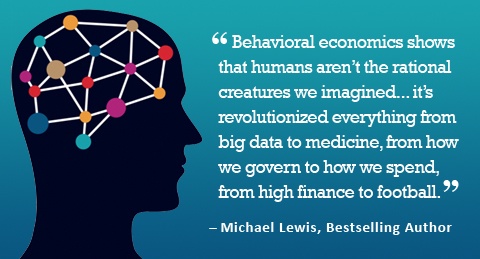
Behavioral economics is grounded in empirical observations of human behavior, which have demonstrated that people do not always make what neoclassical economists consider the “rational” or “optimal” decision, even if they have the information and the tools available to do so.
For example, why do people often avoid or delay investing in 401ks or exercising, even if they know that doing those things would benefit them? And why do gamblers often risk more after both winning and losing, even though the odds remain the same, regardless of “streaks”?
By asking questions like these and identifying answers through experiments, the field of behavioral economics considers people as human beings who are subject to emotion and impulsivity, and who are influenced by their environments and circumstances.
This characterization draws a contrast to traditional economic models that have treated people as purely rational actors—who have perfect self-control and never lose sight of their long-term goals—or as people who occasionally make random errors that cancel out in the long run.
Several principles have emerged from behavioral economics research that have helped economists better understand human economic behavior. From these principles, governments and businesses have developed policy frameworks to encourage people to make particular choices.
Click to View More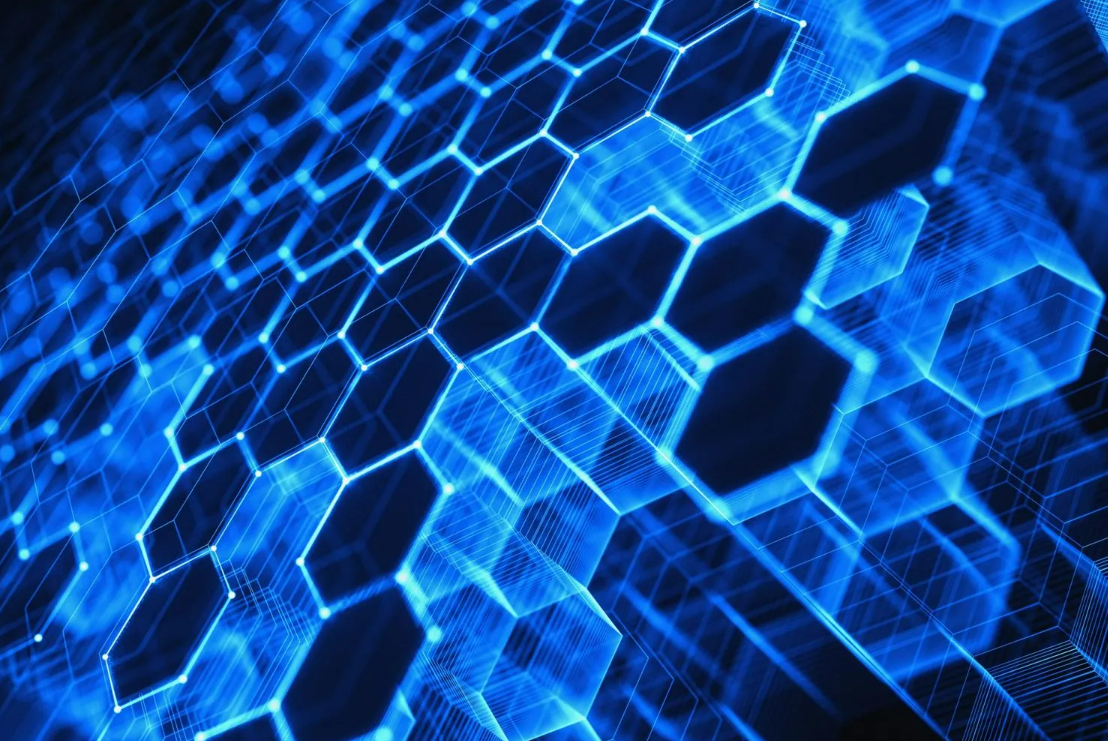
Graphene is a one-atom-thick sheet of carbon atoms arranged in a honeycomb-like pattern. It is an is an allotrope of carbon. Graphene is considered to be the world's thinnest, strongest and most conductive material - of both electricity and heat. All of these properties are exciting researchers and businesses around the world - as graphene has the potential to revolutionize entire industries - in the fields of electricity, conductivity, energy generation, batteries, sensors and more.
Click to View More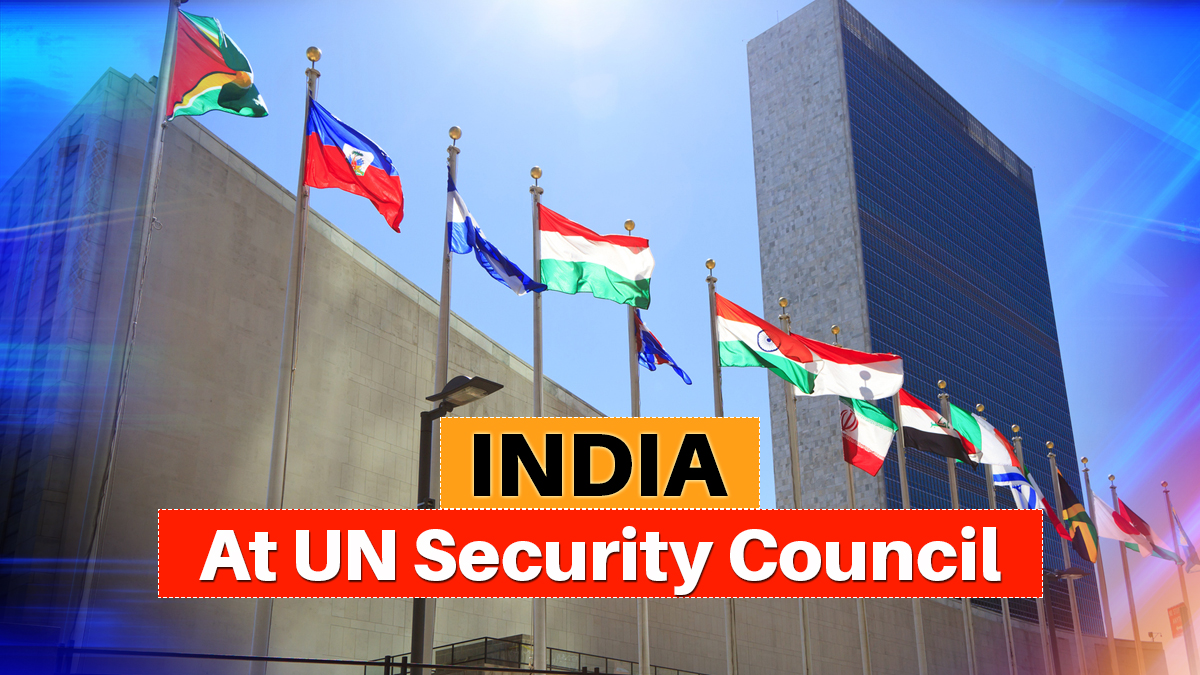
India assumed the presidency of the United Nations Security Council (UNSC) on 1st December 2022.
This leads to very significant visibility for India on the global stage. India has been a non-permanent member of the security council for around two years now, and will now preside over the Council with its presidency.
India, along with other members of the G4 (Brazil, Japan, and Germany) support the expansion of the UNSC’s permanent membership—a move that is yet to materialise. As such, the presidency offers a unique opportunity to India to display leadership skills, establish itself is a responsible stakeholder, and indicate its commitment to global governance.
Click to View More
Jammu and Kashmir (J&K) has witnessed a 2000 percent surge in heroin-related drug seizures between 2017 and 2022—from 3,000 to more than 10,000. Most recently, in August 2022, the Border Security Force (BSF) recovered eight packets of heroin worth Rs 8 crores in the Samba district after a wounded terrorist fled back to Pakistan. Hundreds of crores worth of illegal consignments have been seized by the J&K police this year alone, particularly in Shopian and Pulwama.
As per the Ministry of Home Affairs (MHA), there has been a more than 75 percent decrease in net infiltration from across the border between 2018 and 2021 and more than 80 per cent reduction in the number of terrorist incidents during the same period. Despite such efforts by the security forces in eliminating those infiltrating the Line of Control, the drug menace has not abated.
Click to View More
© 2024 iasgyan. All right reserved